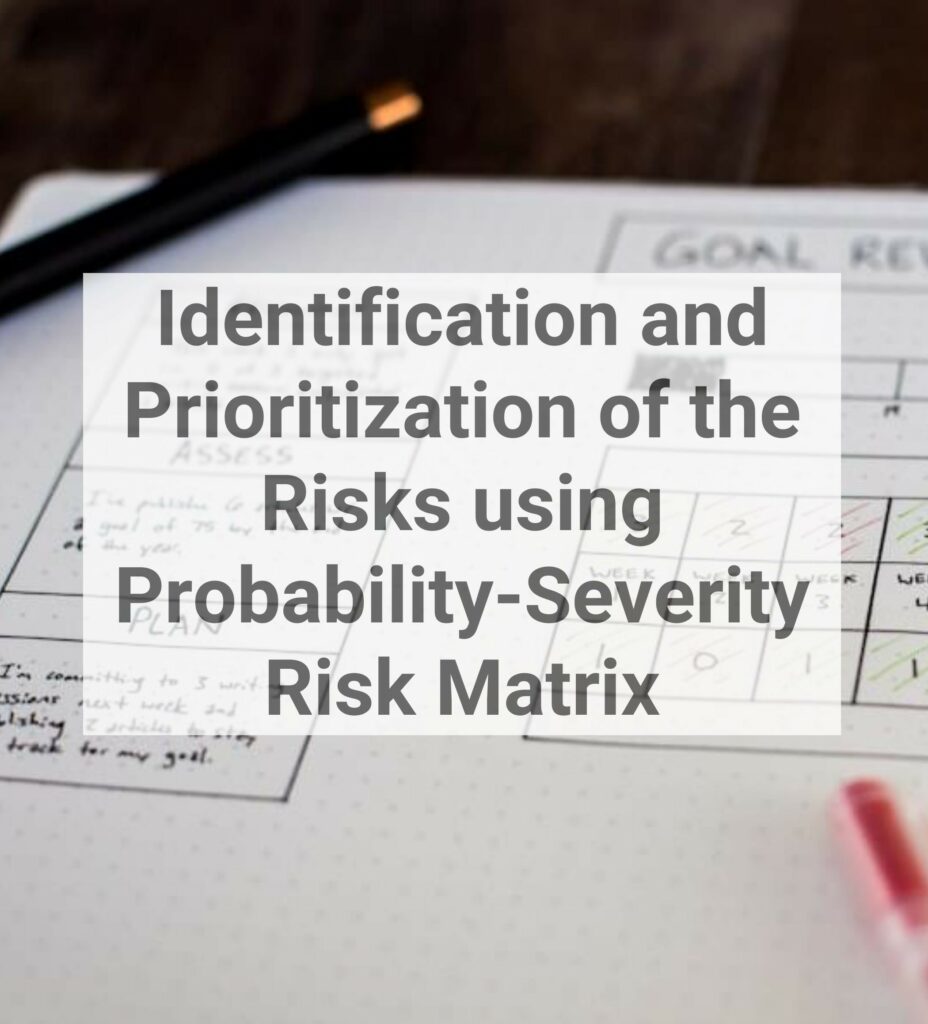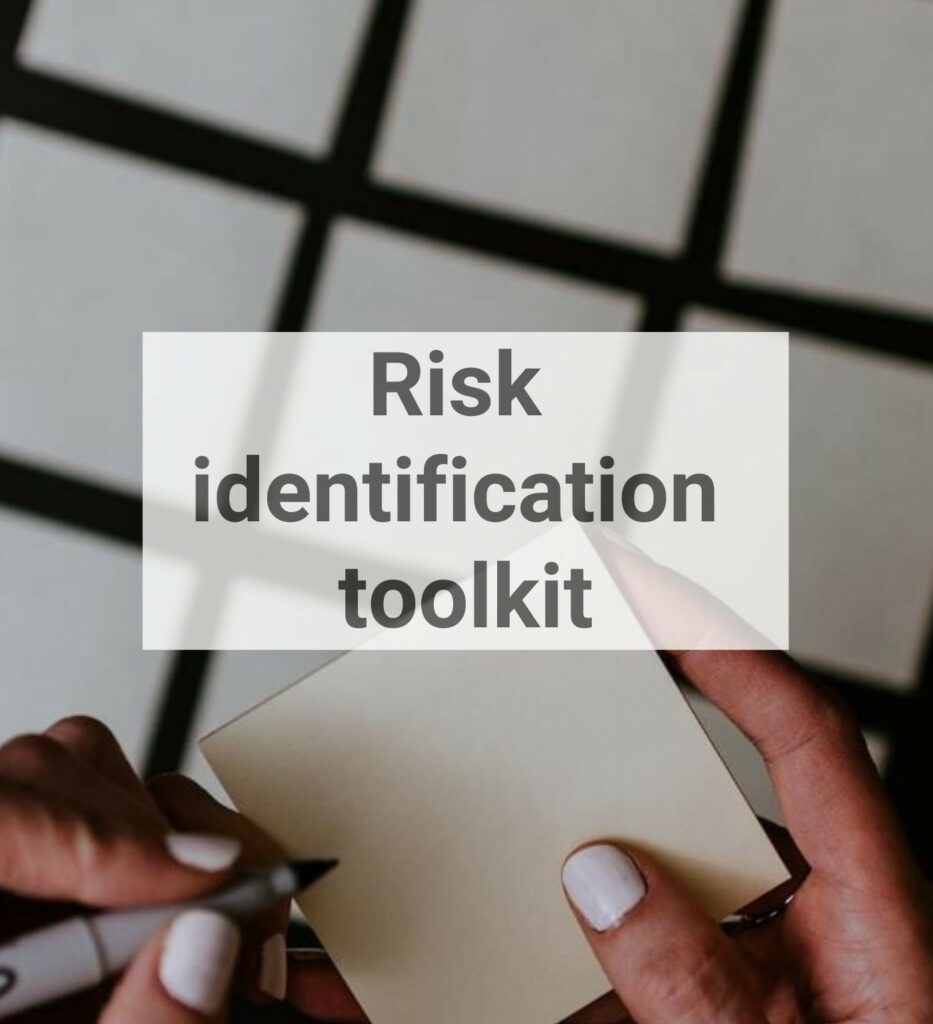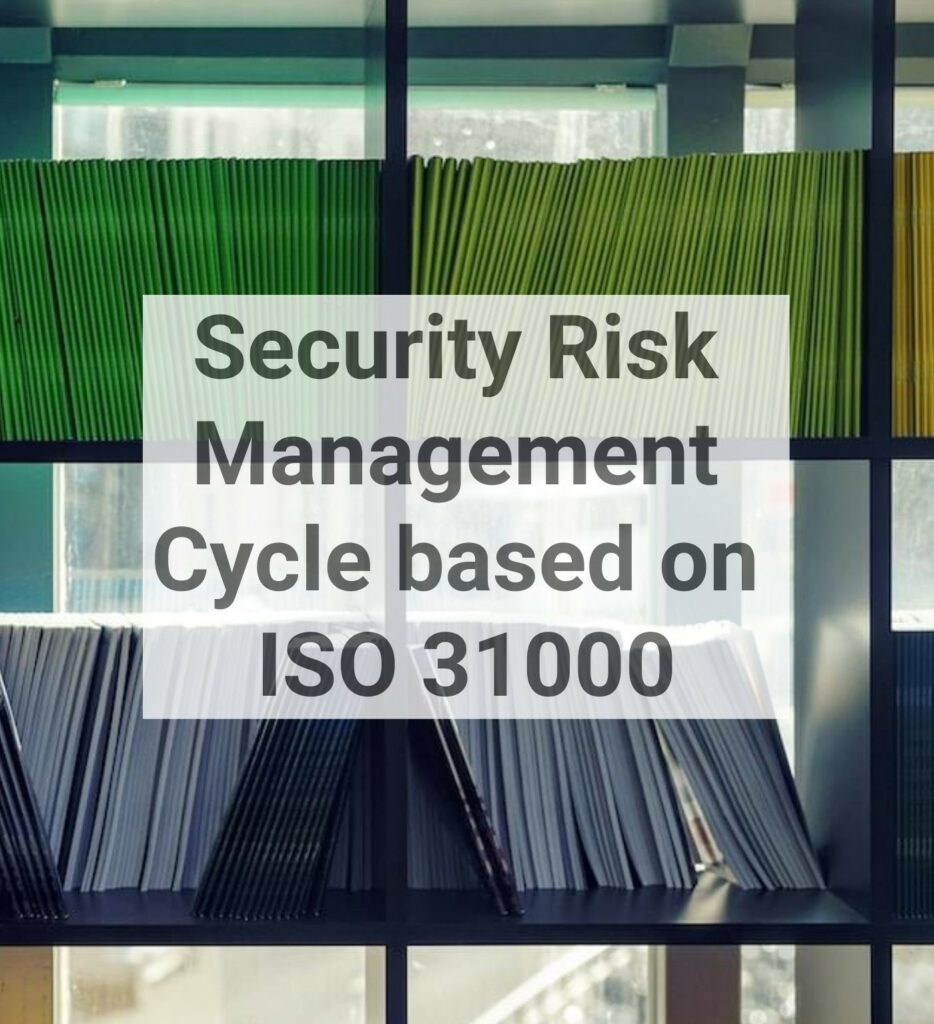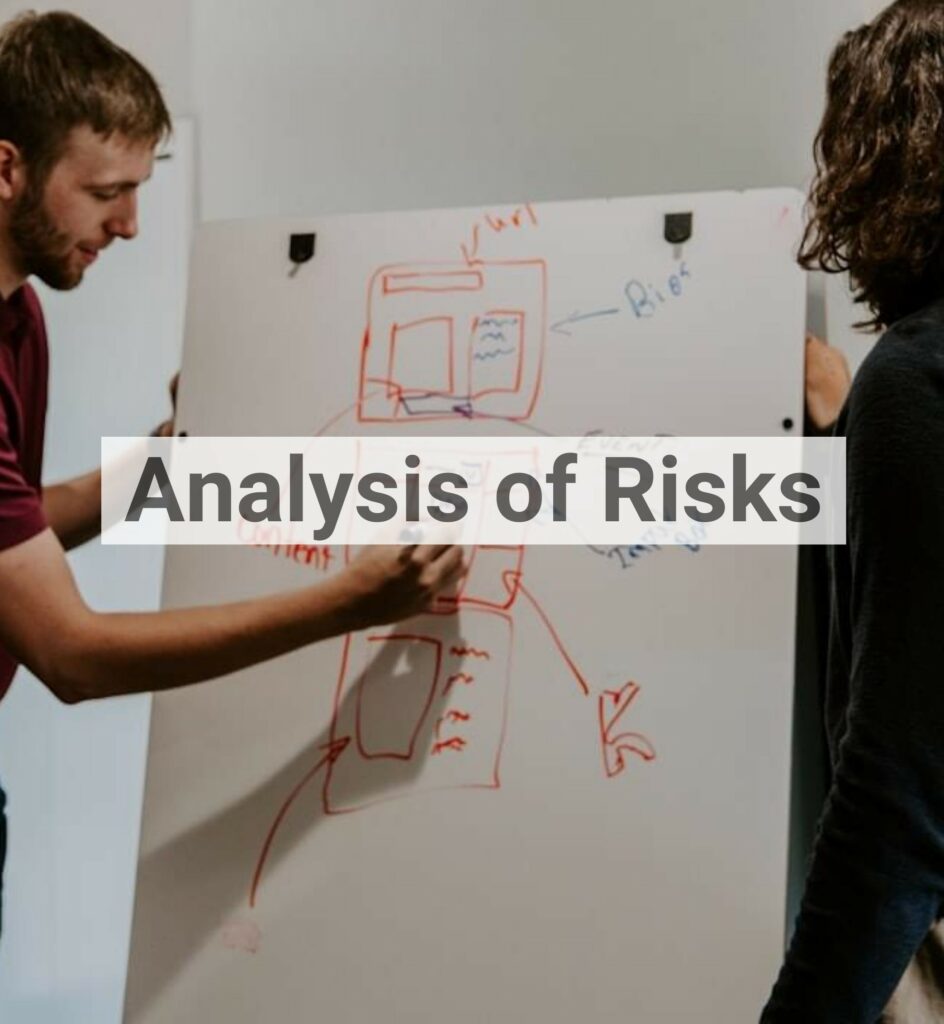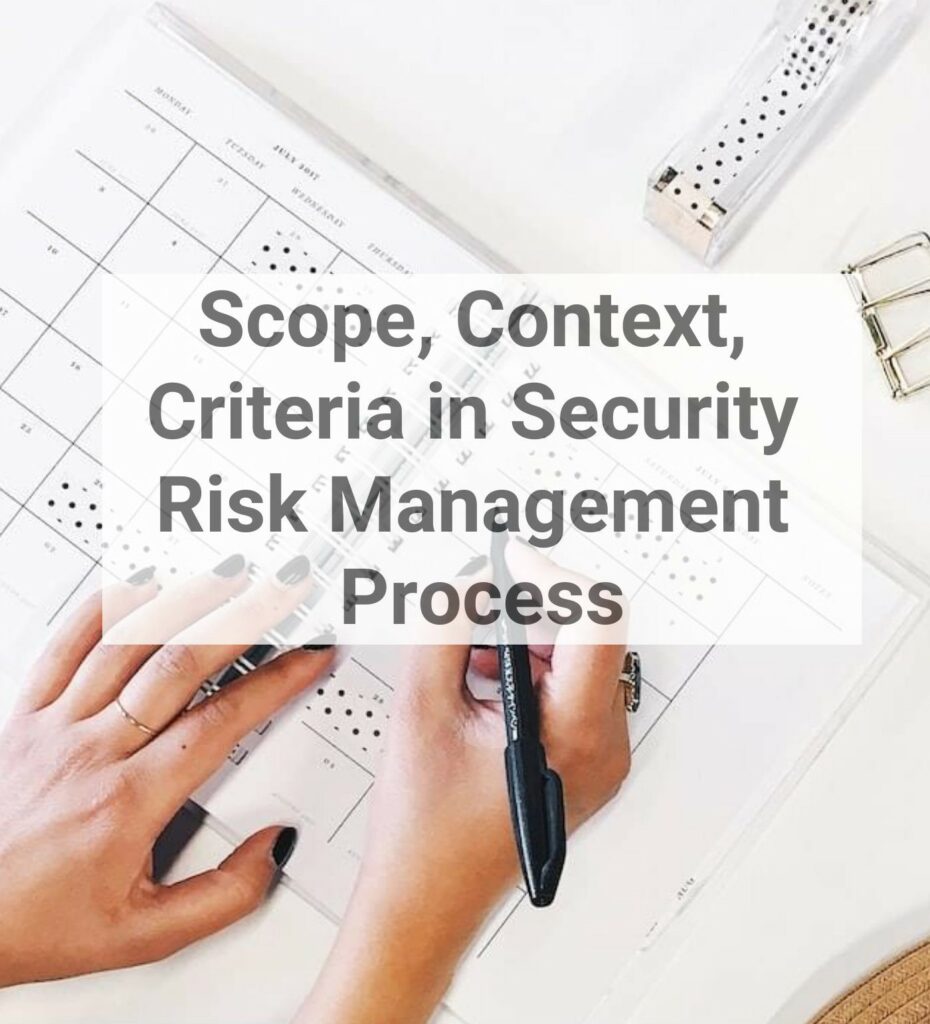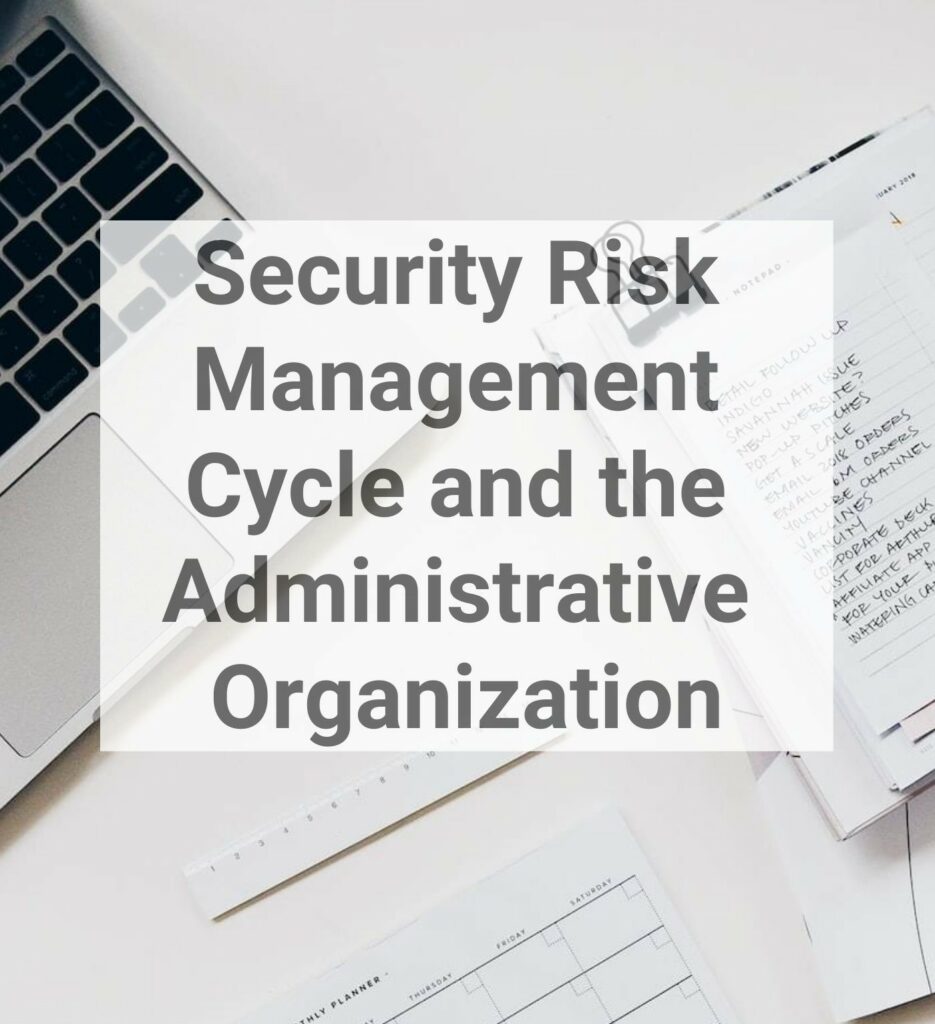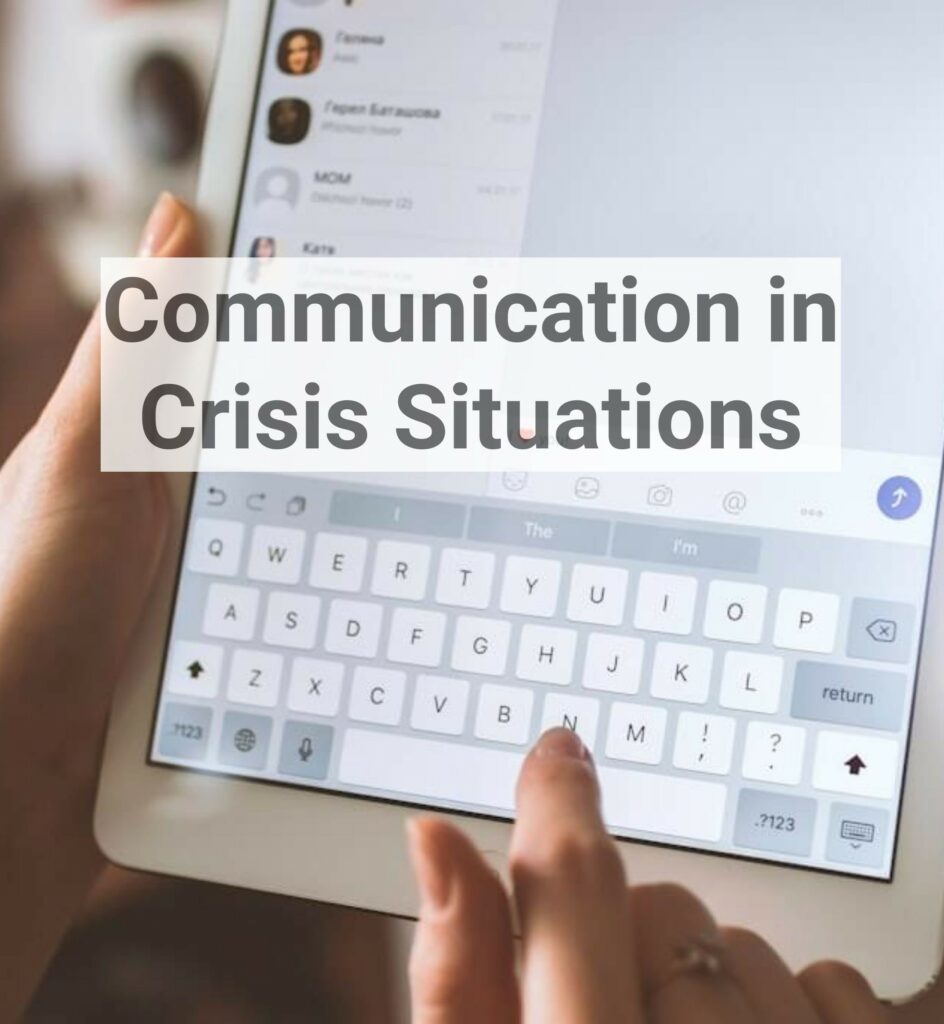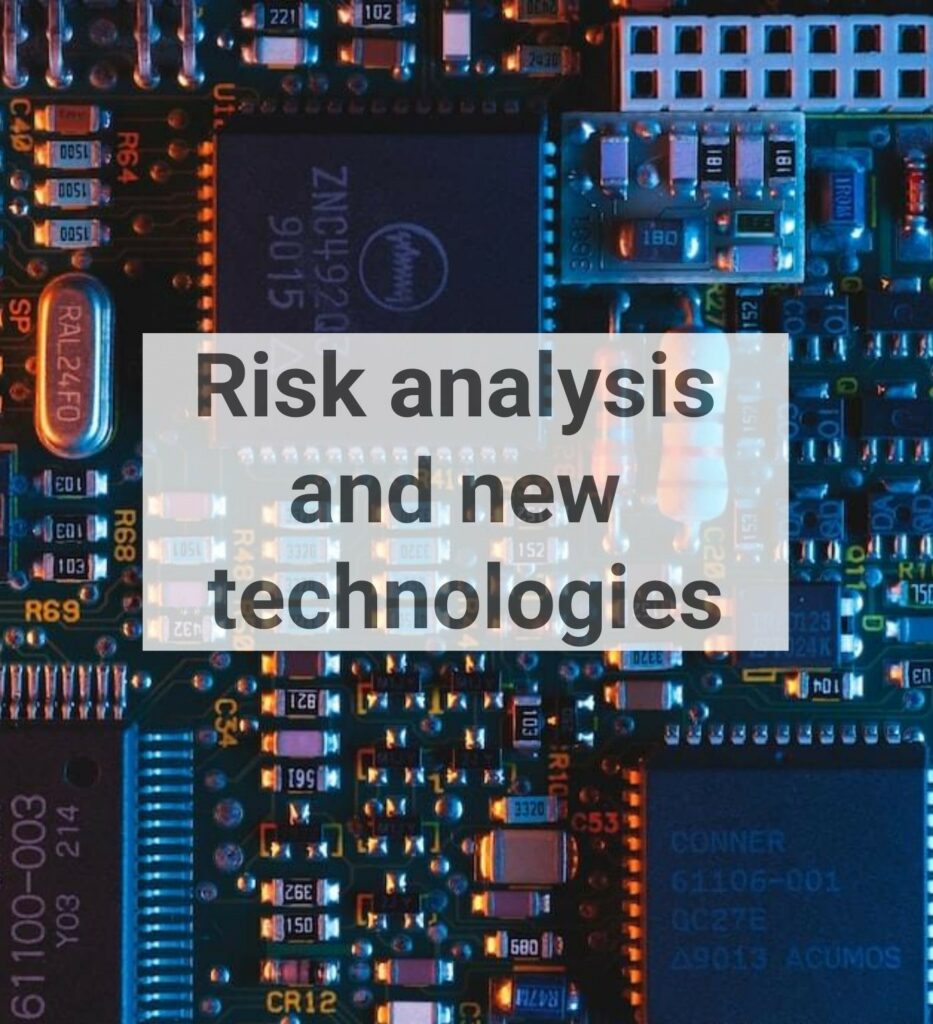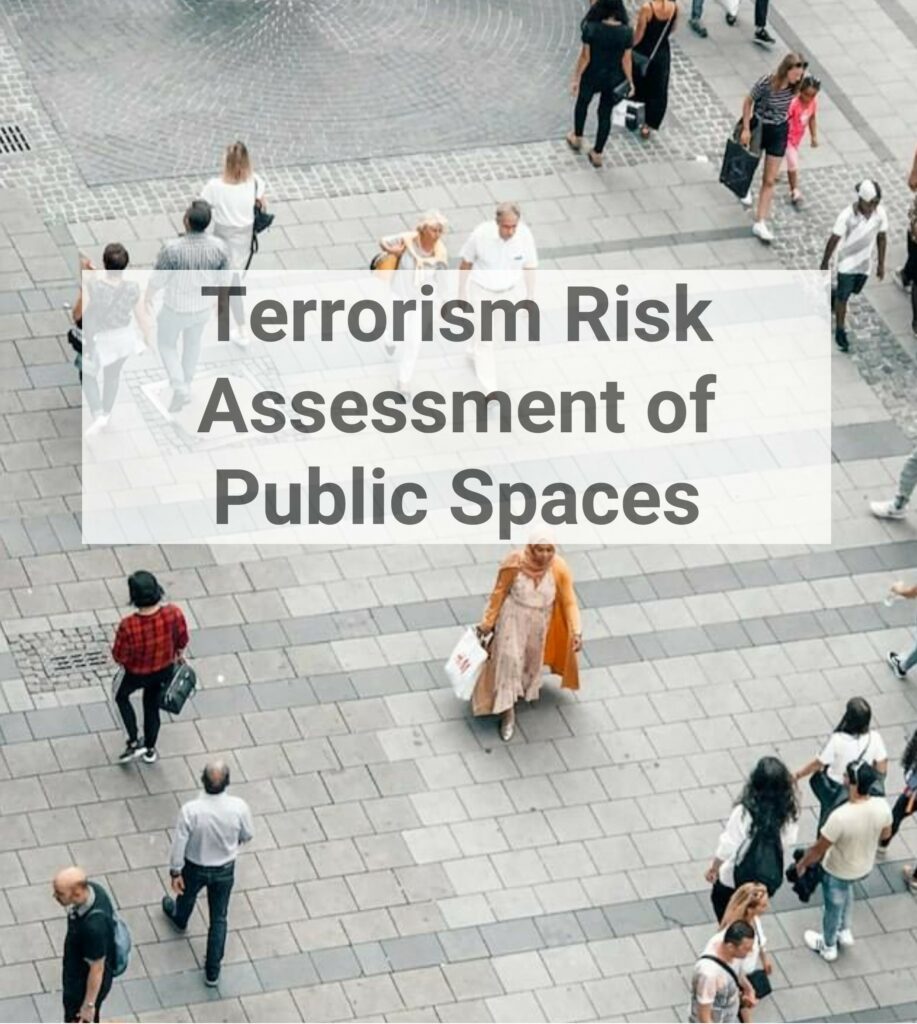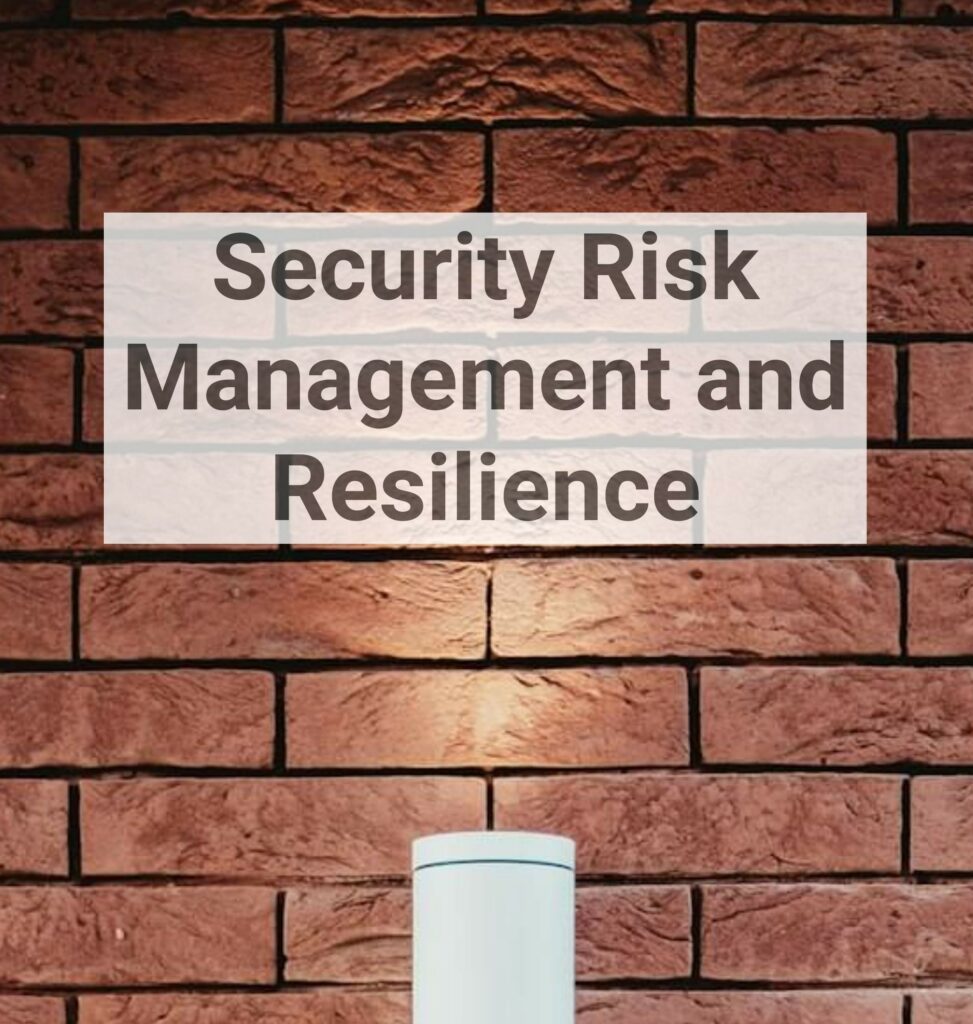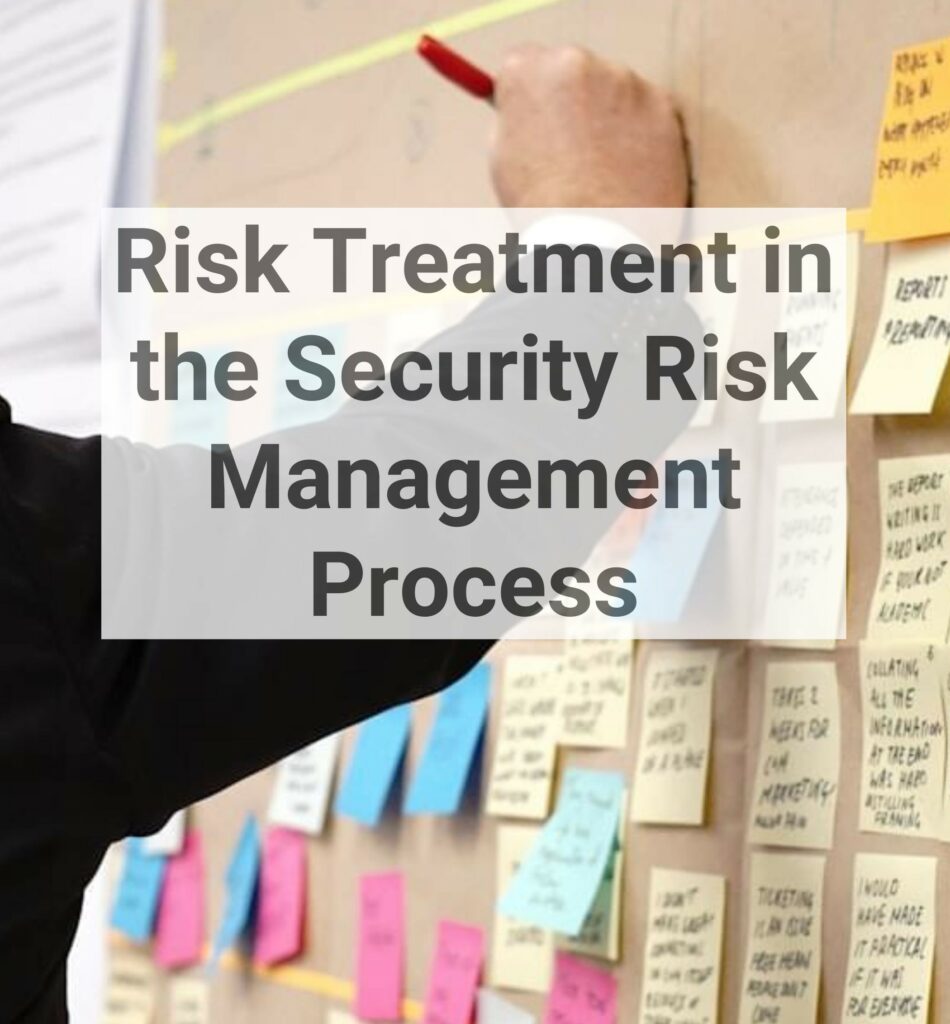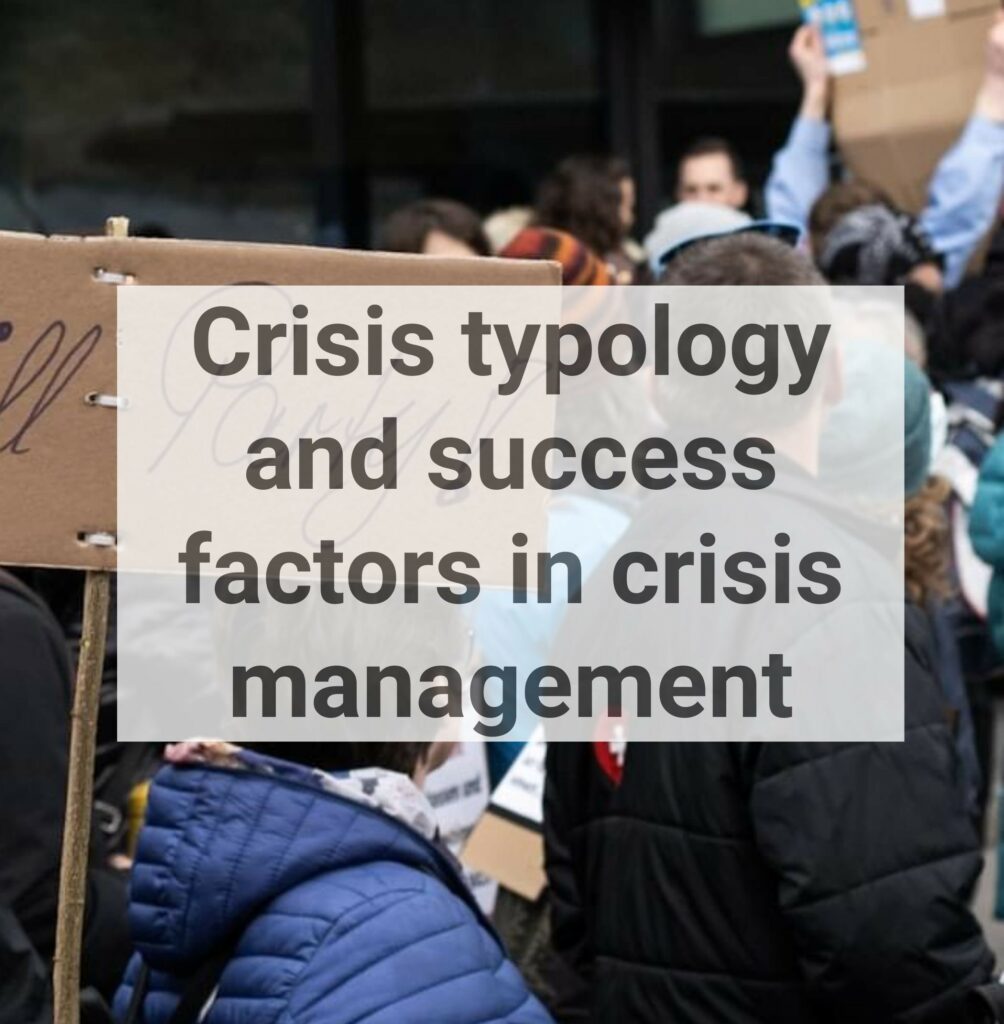
It is essential for security specialists to acquire practical skills in order to identify, assess, and prevent risks within their companies or organizations. In this section, we offer you the opportunity to enhance your skills in security risk management through practical exercises. These exercises can be completed either individually or in groups.
STUDENTS are invited to utilize these exercises for self-study purposes, while TEACHERS can incorporate them into their classroom instruction or assign them as homework.
GOAL OF THIS EXERCISE:
To provide skills and abilities to develop, formulate and prepare information about security and security risk management in the organization. To develop skills in creating various types of informational materials for colleagues, employees of the organization or company or for the general public. EQF level 6 / 7*
GOAL OF THIS EXERCISE:
The purpose of this task is to have students identify potential security risks associated with various stationary objects and learn how to prioritize them. By doing so, students can put themselves in the shoes of security service managers and understand how to effectively mitigate these risks. EQF level 6*
GOAL OF THIS EXERCISE:
Students will familiarise themselves with various risk identification methods from the IEC 31010:2019 standard, test some of them, and conduct comparison between different methods and their applicability in risk management.
EQF level 6*
GOAL OF THIS EXERCISE:
Students will familiarise themselves with the building blocks from the IEC 31000:2018 standard, using three cases, on the basis of which they must indicate substantiated: Where do you start in the Security Risk Management Cycle based on ISO 31000? Why do you start there? What are you going to do? Who will be your allies? EQF level 5*
GOAL OF THIS EXERCISE:
Students will familiarize themselves with risk analysis methods and tools presented in the IEC 31010:2019 standard and choose three tools, for one of the three areas of the analysis, them being consequence, likelihood and level of risk.
EQF level 6*
GOAL OF THIS EXERCISE:
The students will get theoretical knowledge and enhance practical skills about the procedures and methods of understanding the context of the organization that allows them to establish the scope of security risk management process.
EQF level 6*
GOAL OF THIS EXERCISE:
The students will advise the security division of an organization on the basis of three cases. The advice will be based on Security Risk Management Cycle and the Administrative Organization.
GOAL OF THIS EXERCISE:
An important aspect of security risk management is organizing quick, accurate communication in crises. This exercise trains students to communicate a crisis concisely and prepare a clear message.
EQF level 6 / 7*
GOAL OF THIS EXERCISE:
Through this exercise, students will be able to conduct a risk analysis in a scenario involving new technologies for security purposes. This can include drones, AI driven technologies, or any other that may affect the security procedures in each company or administration.
GOAL OF THIS EXERCISE:
Students will become familiar with vulnerability assessment in the risk analysis process in the field of terrorism.
GOAL OF THIS EXERCISE:
This task provides insight into how Security Risk Management supports organizational resilience through six key steps: Discussing for failure, considering connections, understanding priorities, setting impact thresholds, making strategic choices, and conducting stress testing. EQF level 6*
GOAL OF THIS EXERCISE:
Students will get theoretical knowledge and understand the impact of risk treatment in planning the security risk management process. They will also learn how to formulate and select risk treatment options based on identified threats to the organization, using the security risk matrix, and develop a risk treatment plan. EQF level 6*
GOAL OF THIS EXERCISE:
To equip students with a deeper understanding of key factors involved in effective collaboration and communication during the crisis response phase.
EQF level 6*
GOAL OF THIS EXERCISE:
The exercise aims to apply a modified ISO31000 methodology to assess AI risks and model treatment scenarios for real-life cases.
EQF level 6*
* EQF LEVEL. All best practice articles and practical tasks in this web portal are marked with an EQF level, indicating the appropriate study level (college, bachelor’s, or master’s) for each material. The EQF level (European Qualifications Framework) is a standard used across Europe to describe the difficulty and depth of learning in education. This helps you choose the most suitable materials for your studies. Read more about EQF levels HERE.



